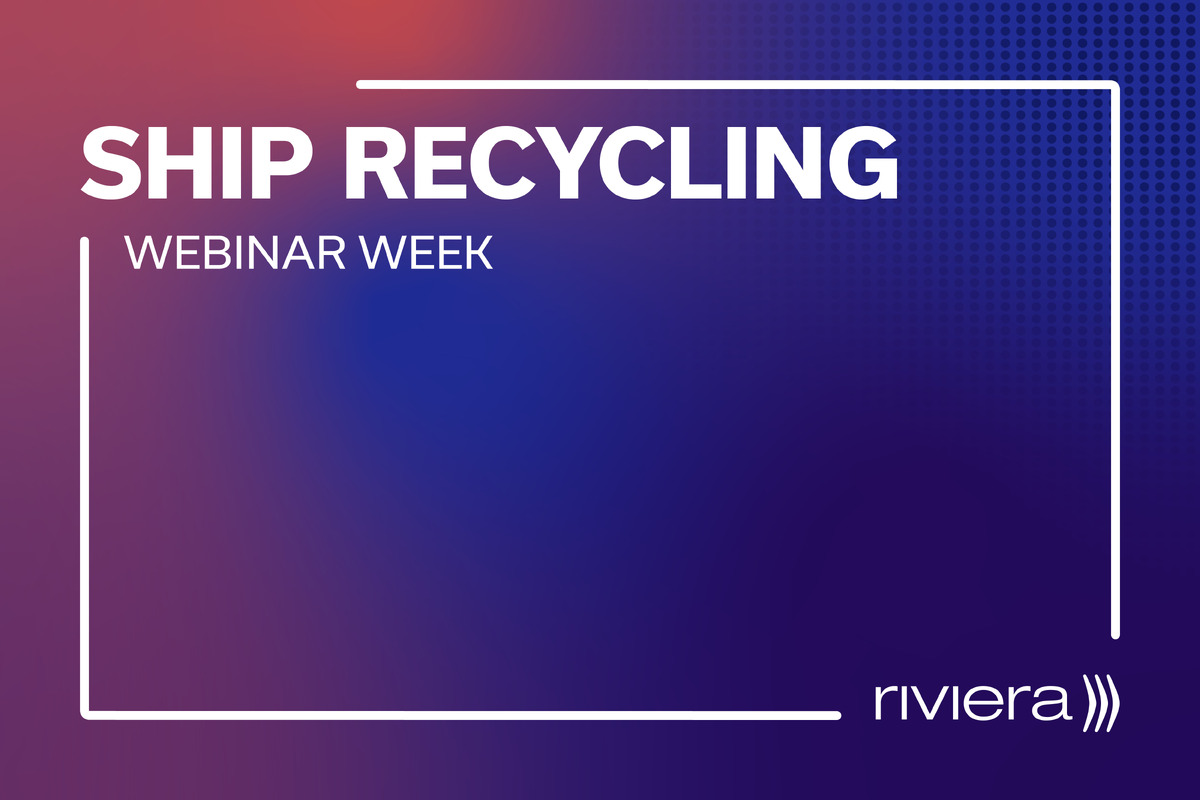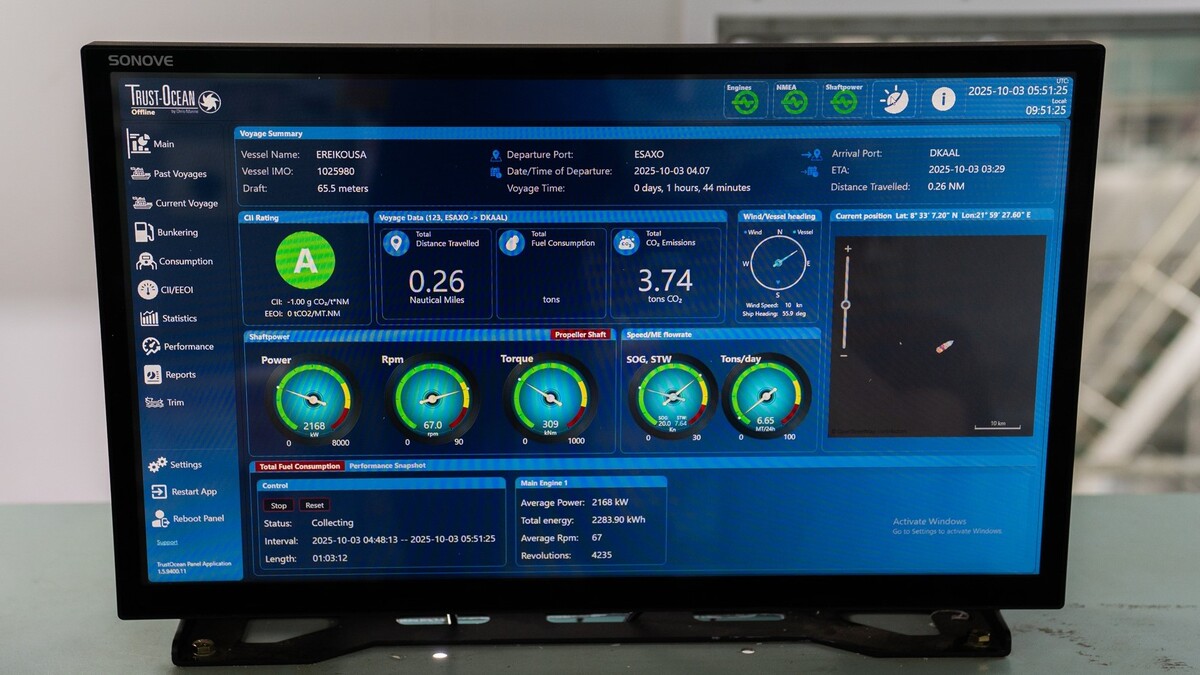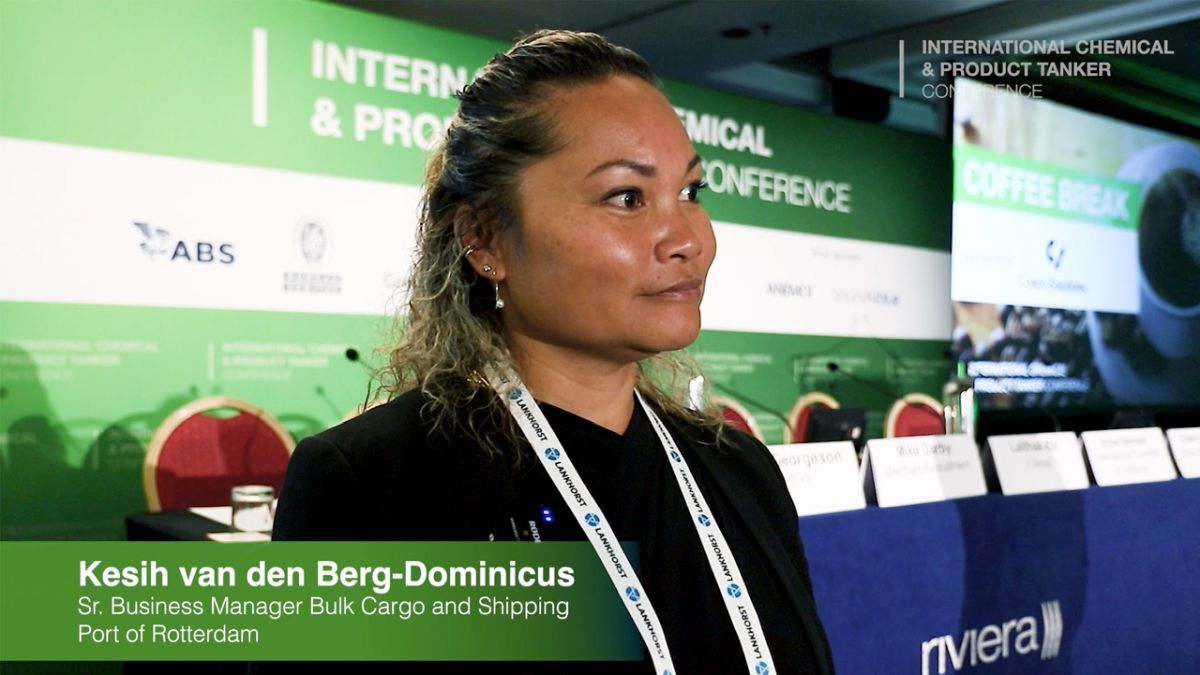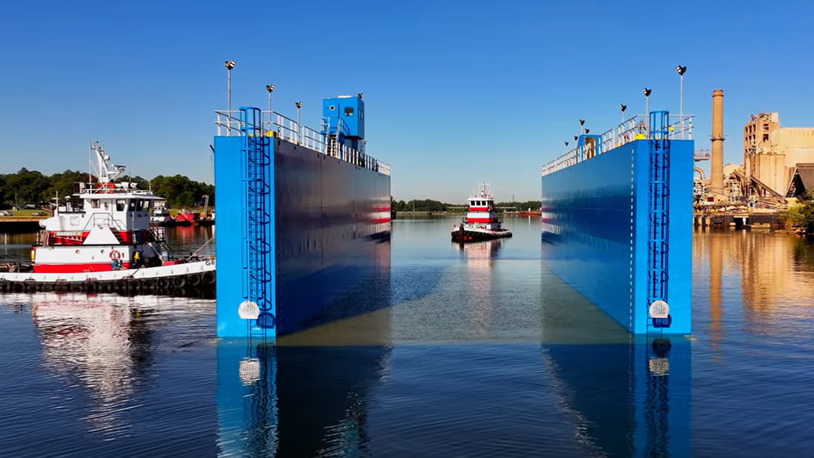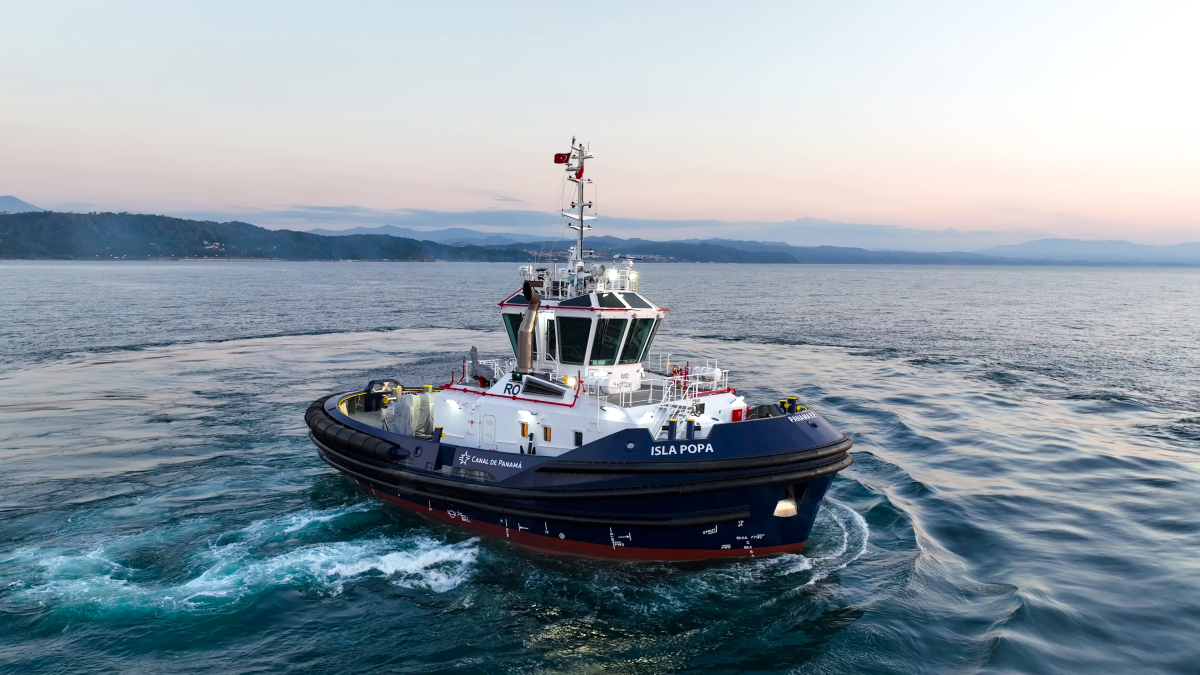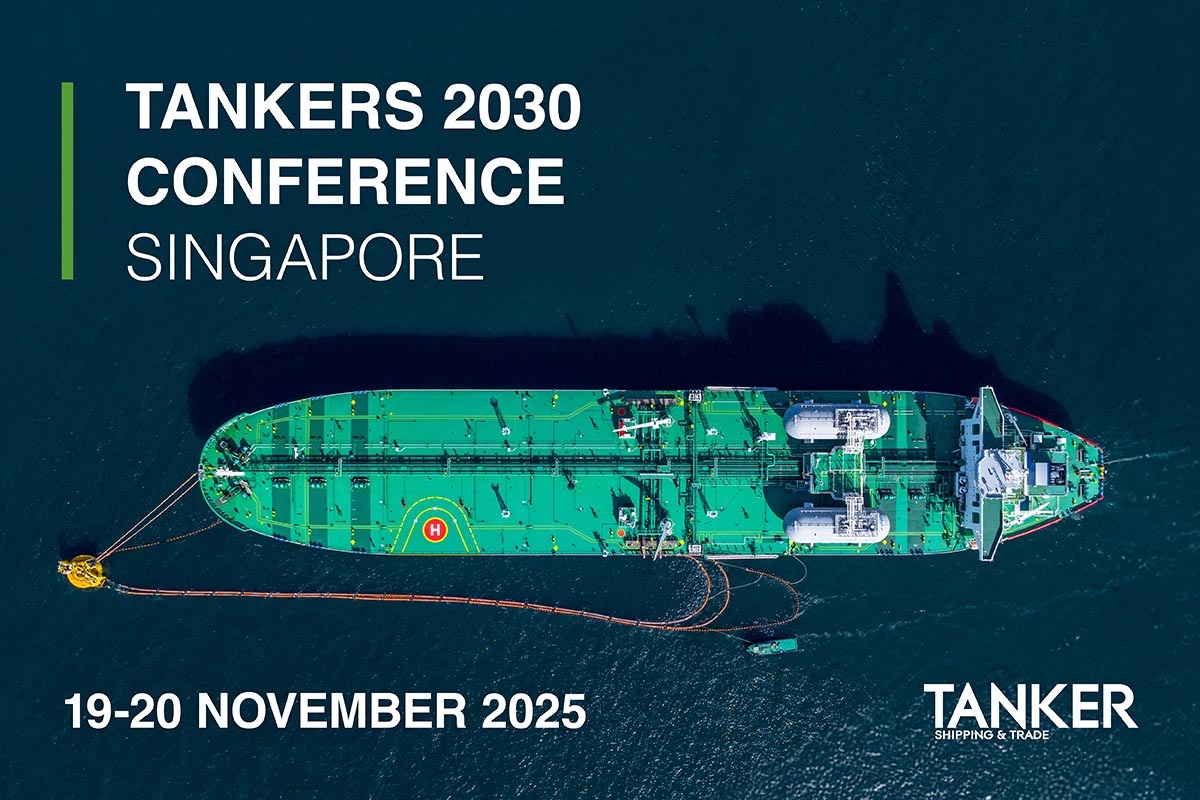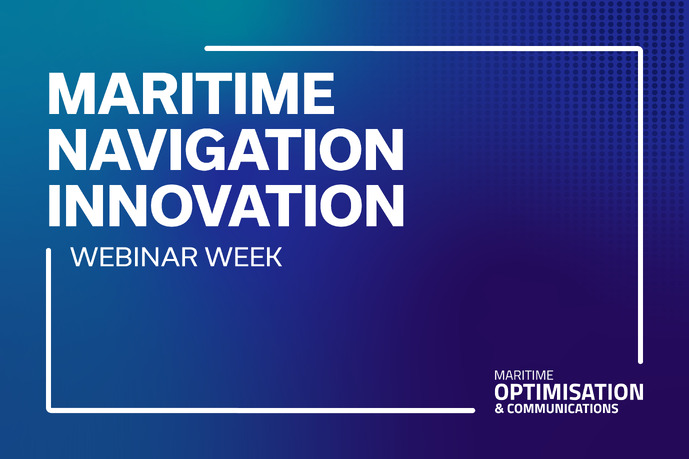Business Sectors
Events
Ship Recycling Webinar Week
Contents
Register to read more articles.
Port of Rotterdam responds to shipping industry needs
The Port of Rotterdam’s Kesih van den Berg-Dominicus discusses how the port collaborates with stakeholders to advance shore power solutions for tankers
In her video interview at the 2025 Chemical & Product Tanker Conference, Port of Rotterdam senior business manager for bulk cargo and shipping, Kesih van den Berg-Dominicus, outlined the port’s collaborative efforts to integrate shore power for tankers. This initiative is part of the broader push towards cleaner energy solutions in the maritime sector, aligning with the industry’s sustainability goals.
The Port of Rotterdam, as Europe’s largest port, plays a crucial role in reducing emissions from maritime operations.
Ms van den Berg-Dominicus explained that the port has been actively engaging with stakeholders to create a regulatory and infrastructure framework for shore power. "We are working closely with shipowners, operators and other stakeholders to understand their needs and provide the best possible solutions," she noted during the interview.
Shore power technology, which allows vessels to connect to a port’s electrical grid rather than running their engines while docked, is seen as a key step towards reducing emissions in the shipping sector.
However, as Ms van den Berg-Dominicus explained, the implementation of shore power at tanker terminals involves several challenges, including safety, power capacity, and co-ordination among various stakeholders.
The Port of Rotterdam has been addressing these challenges by collaborating with industry partners to ensure the infrastructure is in place to support this transition.
Ms van den Berg-Dominicus also pointed out while shore power has been widely discussed, the practical aspects of implementation often face barriers. "We are aware of the concerns around compatibility, costs and operational logistics," she said. "The key is to find common ground and create a sustainable, scaleable solution."
She also mentioned the port is actively working to standardise connections and ensure the necessary power infrastructure is available for tankers at their terminals.
Her contributions at the conference were part of a broader discussion on decarbonisation strategies and the role of ports in supporting these efforts.
The exchange of ideas during the panel on shore power highlighted the importance of a collaborative approach to meeting regulatory requirements and reducing carbon emissions in the maritime industry.
To learn more about the Port of Rotterdam’s efforts to advance shore power and its role in the maritime sector’s sustainability, watch the full interview with Kesih van den Berg-Dominicus.
Riviera’s Tanker Shipping & Trade Webinar Week will be held from 30 June 2025. Click here to register for this free-to-attend event.
More Videos
Events
Ship Recycling Webinar Week
International Bulk Shipping Conference 2025
Tankers 2030 Conference
Maritime Navigation Innovation Webinar Week
© 2024 Riviera Maritime Media Ltd.
